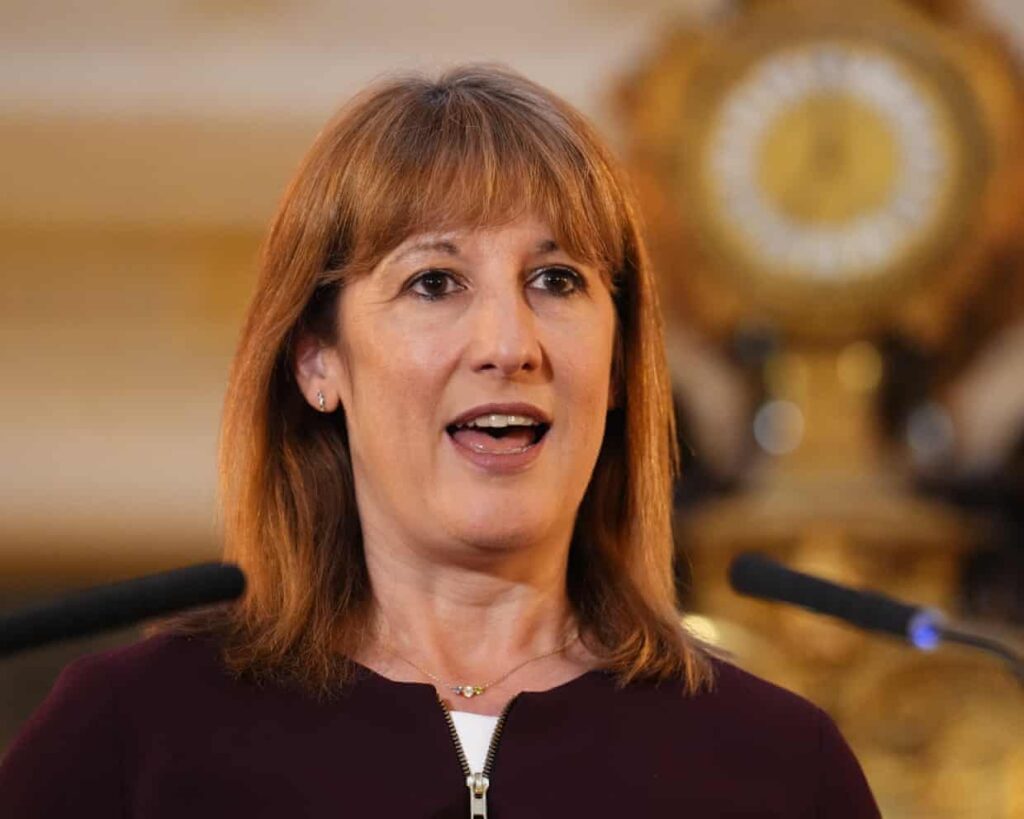
Chancellor of the Exchequer Jeremy Reeves and Business Secretary addressed a regional summit in Birmingham on October 4, 2023, where they unveiled plans aimed at alleviating the burdens facing businesses. Their proposal to save firms approximately £6 billion through a reduction in regulatory red tape has faced sharp criticism from members of the Conservative Party, who labeled the initiative as “not remotely serious.”
The summit took place against a backdrop of a challenging economic environment, as businesses grapple with rising costs and stagnant growth. Reeves emphasized the government’s commitment to creating a more conducive environment for business operations. He argued that cutting unnecessary regulations would not only ease financial pressures but also stimulate investment and innovation.
Despite the optimistic tone from Reeves, the response from the Conservative Party was swift and scathing. Critics within the party questioned the feasibility of such savings and expressed skepticism about the government’s ability to deliver on its promises. The dismissal of the proposal highlights ongoing divisions within the party, particularly regarding economic strategies and the handling of business affairs.
During the summit, Reeves outlined specific areas where he believed red tape could be reduced, such as simplifying tax processes and streamlining compliance requirements. He asserted that these changes could significantly enhance productivity and competitiveness for UK businesses.
In contrast, some Conservative MPs pointed to previous government initiatives that failed to achieve projected savings or improvements. They argue that without a clear and actionable plan, proposals like Reeves’s risk becoming mere political rhetoric.
The differing perspectives within the Conservative Party underscore a broader debate about the best approaches to tackle economic challenges. While some members advocate for aggressive cuts to regulation, others suggest that investments in infrastructure and workforce development might offer more sustainable solutions.
As the UK navigates its economic landscape, the government’s ability to implement effective policies will be crucial. The outcome of this internal party debate and the actions that follow may significantly influence the business climate and economic recovery in the coming months.
The Birmingham summit served as a critical forum for these discussions, but it also revealed the fractures within the party regarding how best to support the nation’s businesses through uncertain times. As the situation develops, all eyes will be on the government’s next steps and the responses from both supporters and critics within the Conservative Party.






